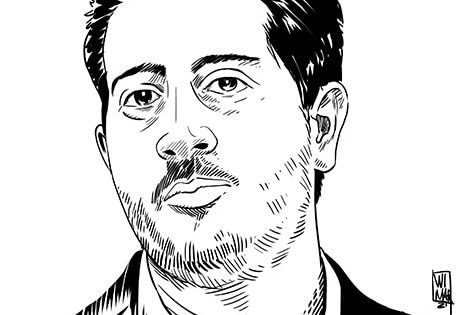(CPJ/IFEX) – The following is a 24 October 2001 CPJ press release: New York, October 24, 2001-State security agents banned an organization of independent local journalists from giving training courses and harassed some of its members, according to local CPJ sources. On the afternoon of October 12, two Department of State Security (DSE) officers came […]
(CPJ/IFEX) – The following is a 24 October 2001 CPJ press release:
New York, October 24, 2001-State security agents banned an organization of independent local journalists from giving training courses and harassed some of its members, according to local CPJ sources.
On the afternoon of October 12, two Department of State Security (DSE) officers came to the offices of an independent journalists’ association and warned its president that they would not allow the group to offer its 2001-2002 courses. The association, Sociedad de Periodistas Manuel Márquez Sterling, is headed by journalist Ricardo González Alfonso.
The DSE officers also told González Alfonso that the courses were illegal because the journalists did not have a license to teach. The classes, including Spanish grammar, journalism, and English, were scheduled to open on October 15. They are free for association members.
On October 14, state security officers visited the homes of independent journalists Jorge Olivera Castillo, Graciela Alfonso, Dorka de Céspedes Vila, and Aimeé Cabrera Álvarez, all of whom are very active in the organization, and warned them that attending the classes was illegal.
“These journalists are doing nothing illegal,” said CPJ executive director Ann Cooper. “Cuban authorities often cite a lack of training as an excuse to silence the independent media, so it is ridiculous to put them in a catch-22 and harass them for merely doing their jobs.”
“We will go to jail”
To avoid a confrontation with state security forces, the journalists’ organization canceled the opening ceremony for the school year but confirmed that classes would open at a later date. “There is no capitulation of any kind. The classes are going to go ahead or we will go to jail,” González Alfonso told CPJ.
On October 16, the organization issued a statement condemning the prohibition. The following day, a lawyer from the Catholic Church’s civic center Centro de Formacion Cívica y Religiosa assured the group that Cuban Penal Code does not bar their classes, and that teachers who give lessons for free do not need to obtain a license.
The journalism classes, to be taught by prestigious independent journalist Raúl Rivero, are based on a Florida International University course. Other teachers do have licenses to teach in the Havana municipality of Playa, where the organization is based, González Alfonso told CPJ.
Although the organization has submitted all the required documentation to register as an association under Cuban law, the government has yet to approve the organization’s application.
For more information about press freedom conditions in Cuba, visit www.cpj.org.
CPJ is a New York-based, independent, nonprofit organization that works to safeguard press freedom around the world.


